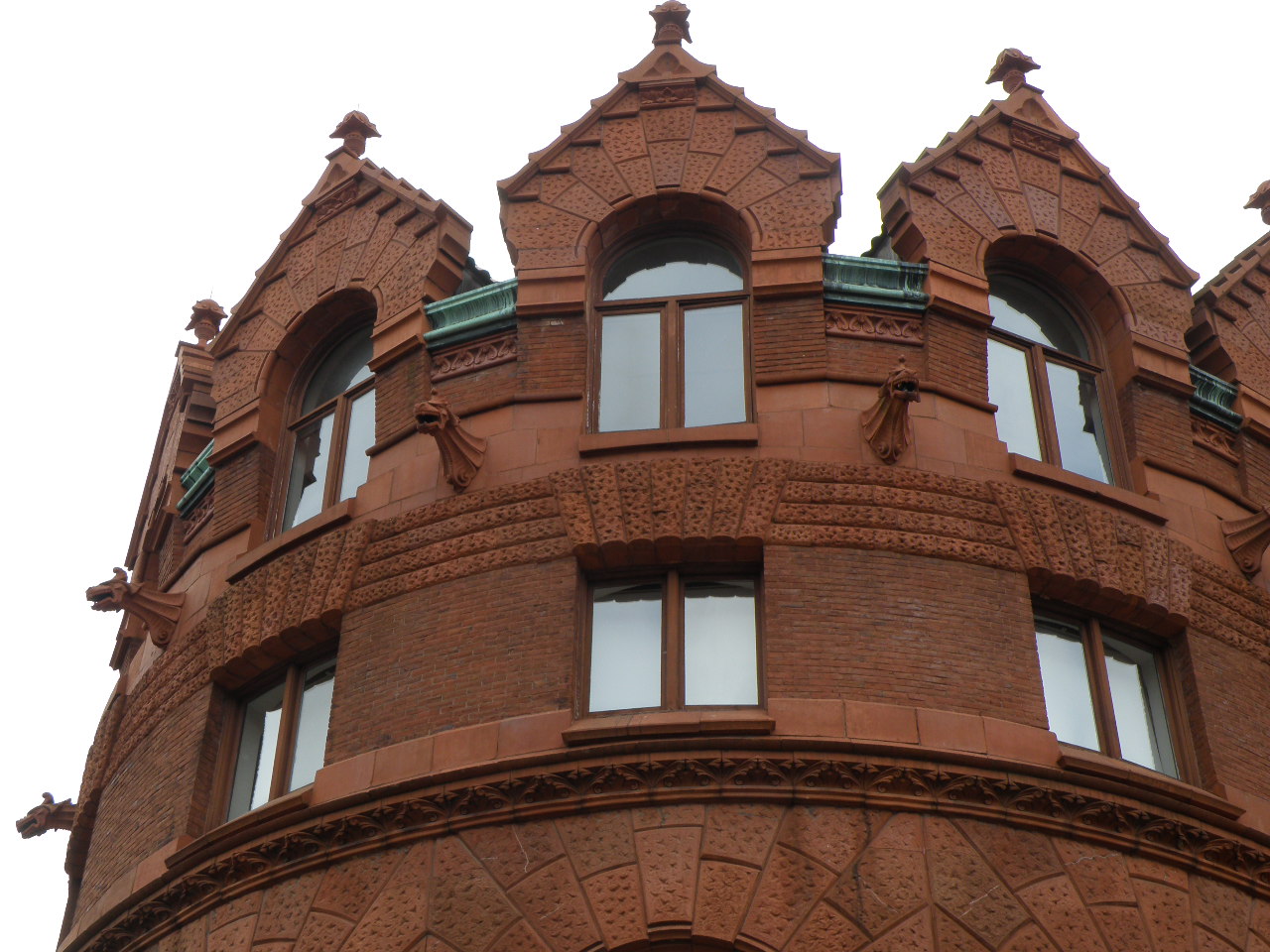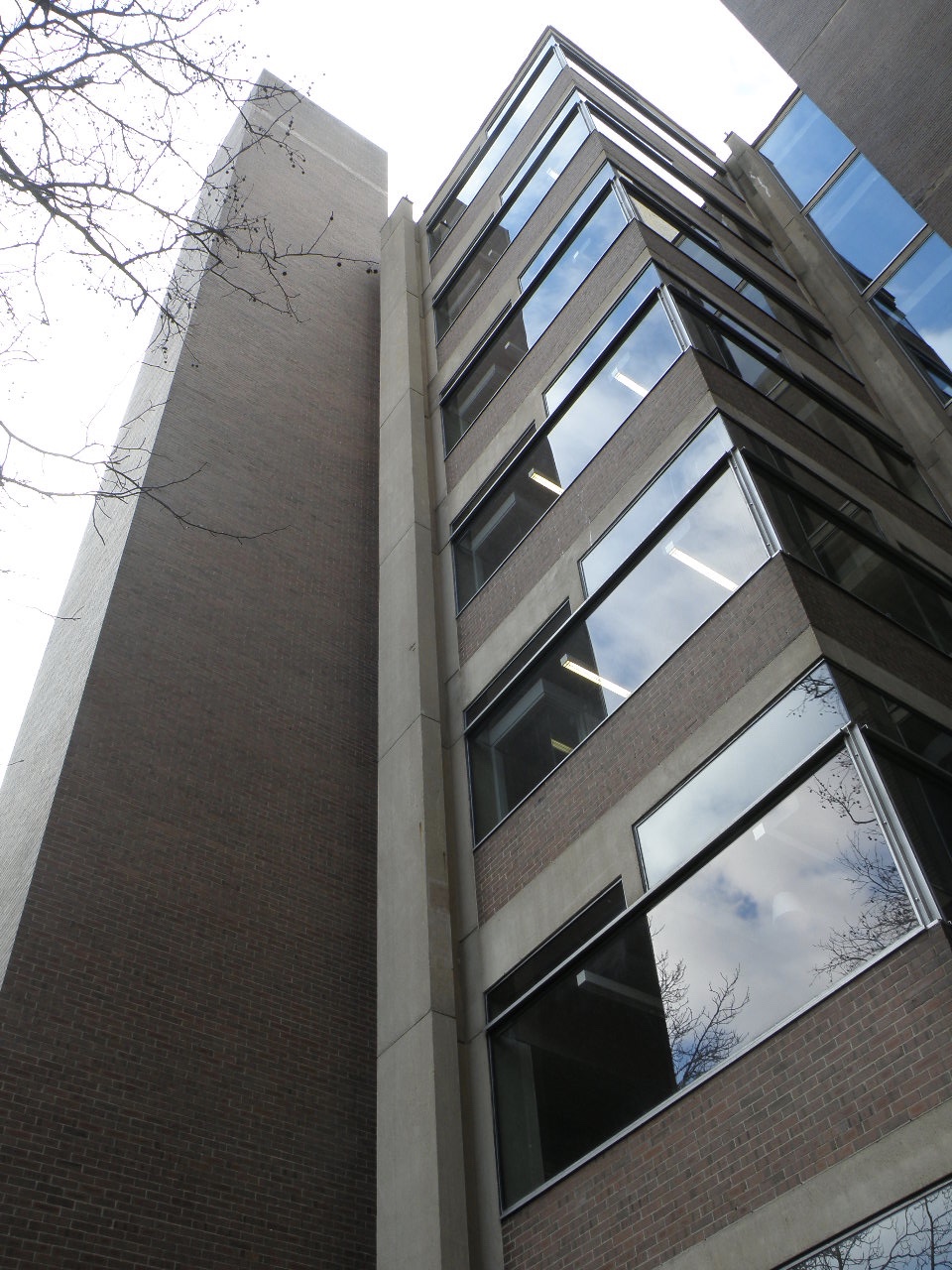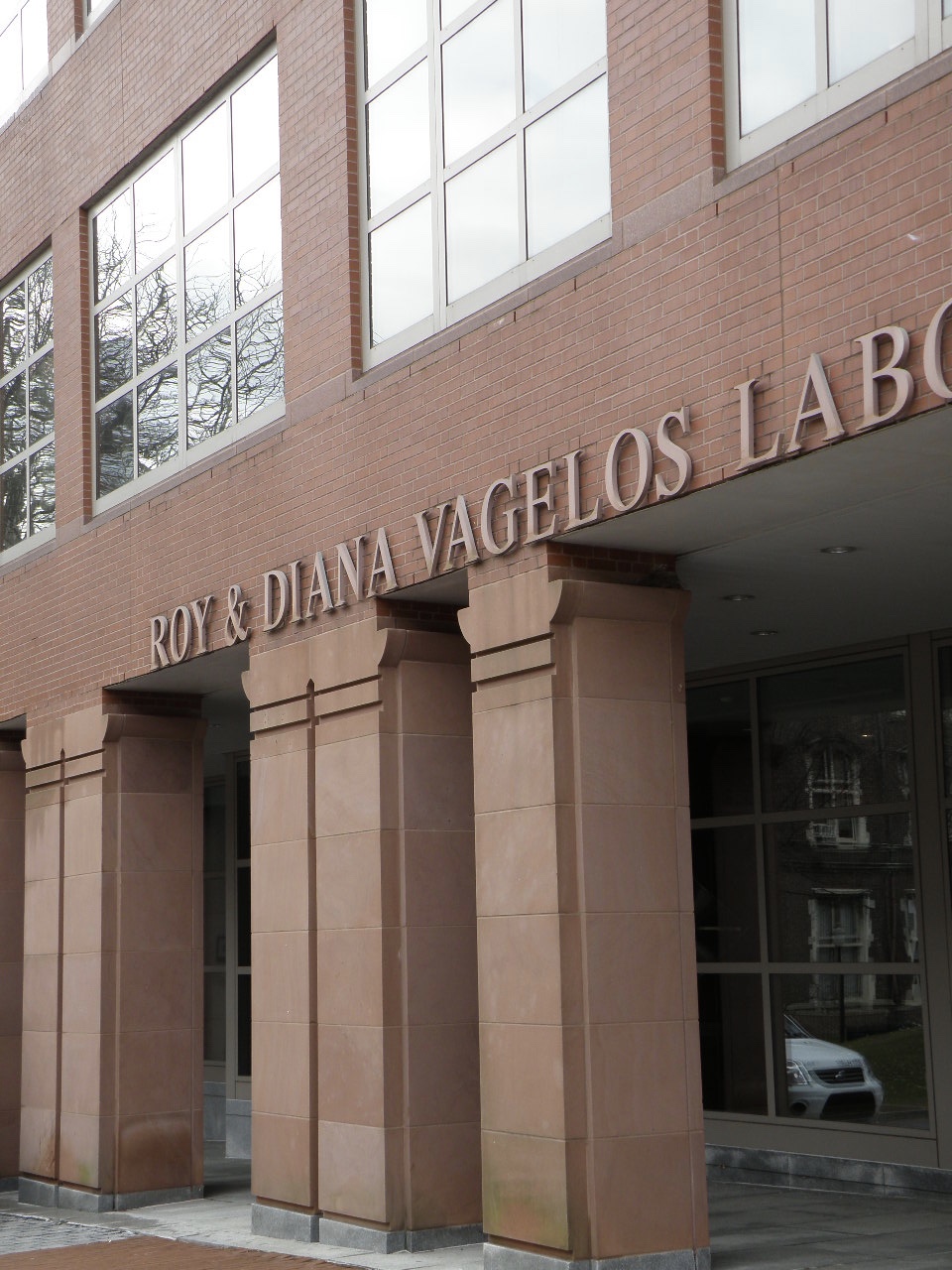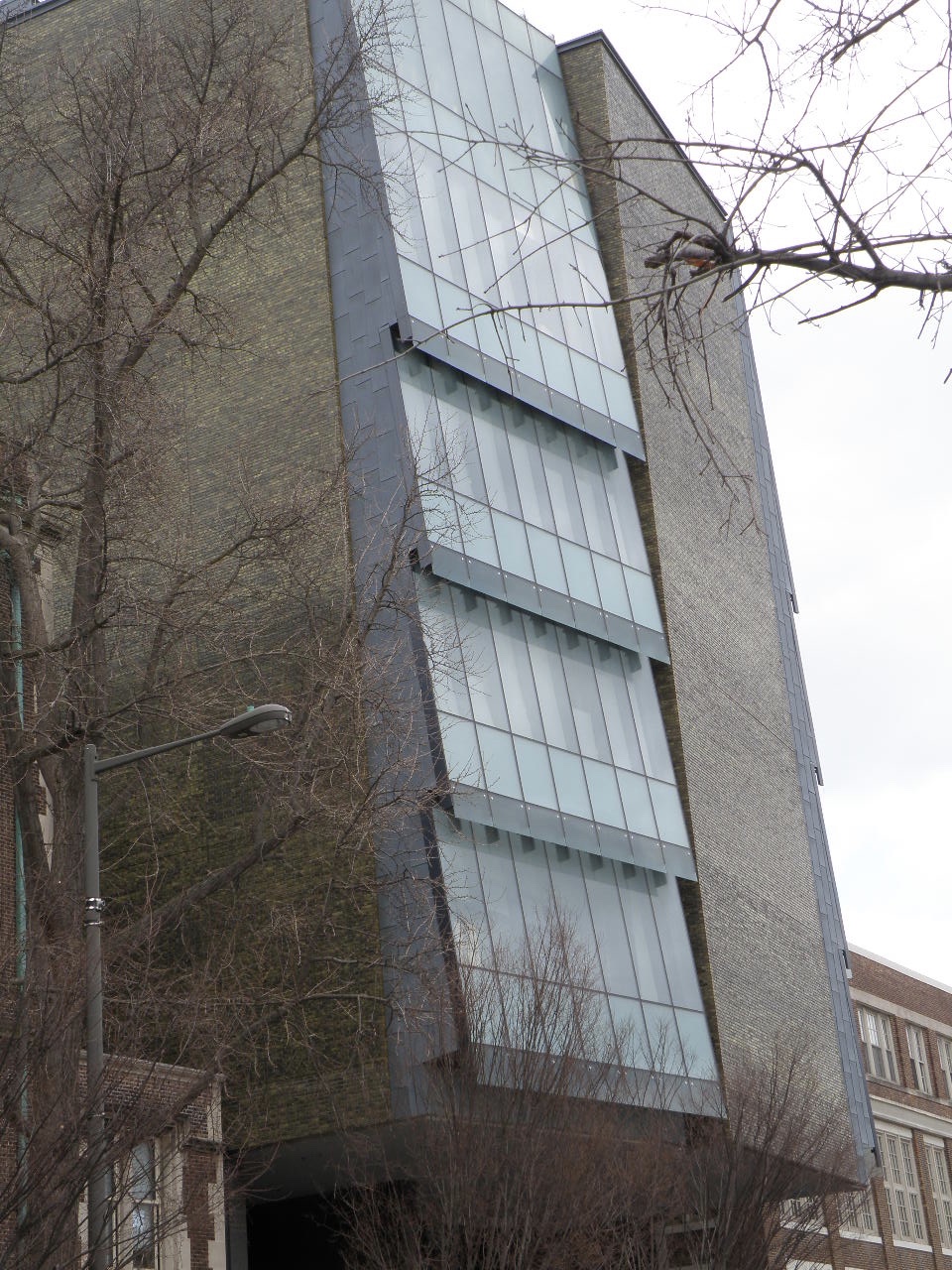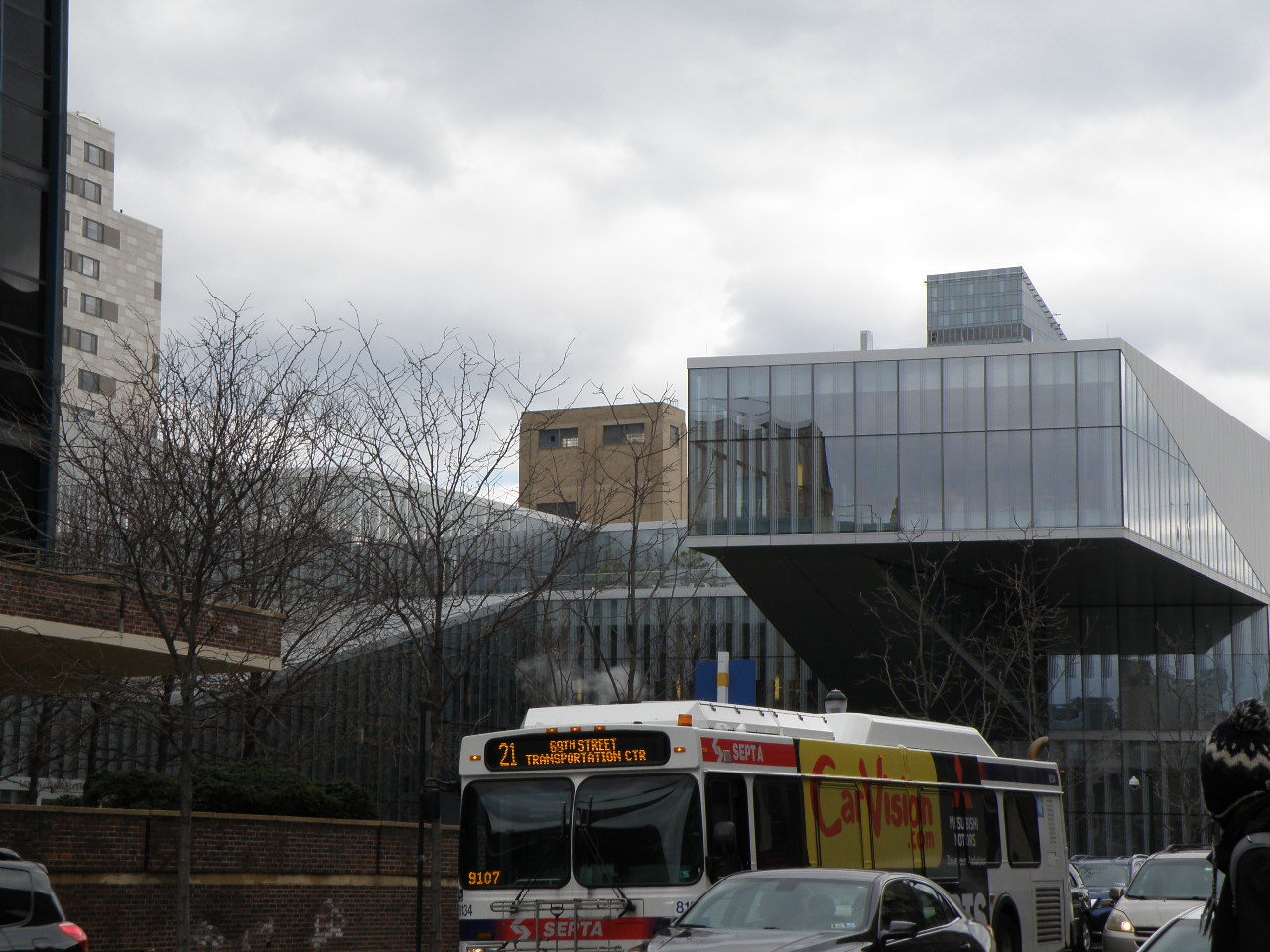Sorry this is late! Life happens!
In the 20th Century Philadelphia’s domestic architecture demonstrates a shift as the boundaries of the urban area incorporate more and more territories. Chestnut Hill, a railroad suburb on the designated Chestnut Hill West line, evolves into a demographic of white Protestant residents who enjoy developments engineered by landlords Henry Houston and his son-in-law, George Woodward. In contrast, after World War II, the Oxford Valley/Langhorne area developed in the 20th century as an automobile suburb fed by the “Super Highway” (Route 1 Bypass) and I-95. One of the great real-estate entrepreneurs, William Levitt, developed Levittown along Route 1 applying the ideas of efficiency and standardization that had been practiced in Philadelphia’s factories during the industrial era. Watch this video, “A History of Levittown Pennsylvania” posted by UWF Public History for a concise overview of the building process!
Philadelphia was an important center of Postmodernism, especially after the controversy around building the Society Hill Towers and the construction of I-95 along the waterfront, dividing lower-income neighborhoods from their traditional core with the construction of I. M. Pei’s luxury apartments. Nestled near Pastorius Park in Chestnut Hill Robert Venturi’s house for his mother becomes an icon of Postmodernism amidst all the 19th and 20th century properties developed by Houston and Woodward. It also faces Louis Kahn’s Wharton Esherick House. Watch PBS 10-Buildings that Shaped America to learn about Venturi’s very influential house.
We closed the session with a discussion of the growth of universities and health-related industries as the sites of some of the most significant architecture of the late 20th and early 21st century. Below are some of the photos—with captions—from the University of Pennsylvania. One of the things I discovered in my research is that there is a sculpture by Jaume Pensa in the Singh Center for Nanotechnology, Endless III (2010). He was one of my favorite discoveries during travels in 2018!
